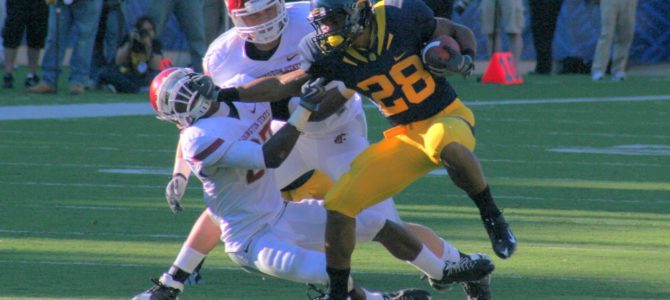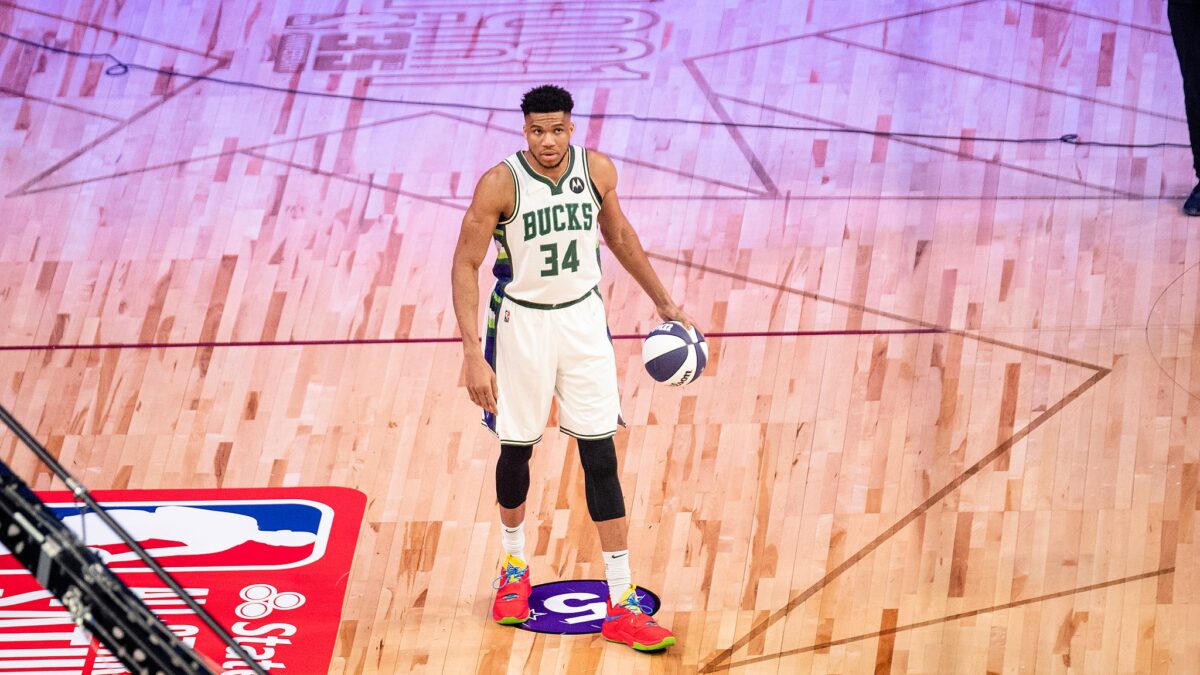
Supreme Court Justice Brett Kavanaugh has been praised from both the left and right for his concurrence in NCAA v. Alston, a decision striking down NCAA rules that limit education-related benefits such as tutoring or paid internships. But don’t expect the reasoning from his ultimately misguided concurrence to end up with colleges paying student athletes.
At his most fiery, Kavanaugh writes:
The bottom line is that the NCAA and its member colleges are suppressing the pay of student athletes who collectively generate billions of dollars in revenues for colleges every year. Those enormous sums of money flow to seemingly everyone except the student athletes. College presidents, athletic directors, coaches, conference commissioners, and NCAA executives take in six- and seven-figure salaries. Colleges build lavish new facilities. But the student athletes who generate the revenues, many of whom are African American and from lower-income backgrounds, end up with little or nothing.
I am no fan of the NCAA’s arbitrary and unfair punishment of student athletes, but the problem is that all student athletes do not generate equal amounts of revenue for their schools. Only football and men’s basketball consistently generate revenues in excess of their costs, and even then only the most successful programs break even. So student athletes are not collectively “generating” anything.
Furthermore, the profits generated by the very tiny minority of student athletes who do generate profits are then used to subsidize student athletes from money-losing sports. So when Kavanaugh claims, “Those enormous sums of money flow to seemingly everyone except the student athletes,” he’s wrong. Thousands of student athletes do get the “billions of dollars in revenues” from college athletics. Just not the same athletes who generated the profits.
It may not be Kavanaugh’s fault that he failed to apply the reality that football and men’s basketball athletes are cross-subsidizing all the student athletes in other sports. It doesn’t appear the NCAA even made this argument.
And they should have! Instead of admitting that their rules banning schools from paying student athletes decrease the output of labor for football and men’s basketball, they should have argued that these limits help increase overall student athlete output in all sports.
Kavanaugh also argues that college athletics is just like any other business, writing:
The NCAA’s business model would be flatly illegal in almost any other industry in America. All of the restaurants in a region cannot come together to cut cooks’ wages on the theory that ‘customers prefer’ to eat food from low-paid cooks. Law firms cannot conspire to cabin lawyers’ salaries in the name of providing legal services out of a ‘love of the law.’ Hospitals cannot agree to cap nurses’ income in order to create a ‘purer’ form of helping the sick. … Price-fixing labor is price-fixing labor. And price-fixing labor is ordinarily a textbook antitrust problem because it extinguishes the free market in which individuals can otherwise obtain fair compensation for their work.
But then Kavanaugh goes onto acknowledge the many ways college athletics is not like any other business at all, asking:
How would paying greater compensation to student athletes affect non-revenue-raising sports? Could student athletes in some sports but not others receive compensation? How would any compensation regime comply with Title IX? If paying student athletes requires some-thing like a salary cap in some sports in order to preserve competitive balance, how would that cap be administered? And given that there are now about 180,000 Division I student athletes, what is a financially sustainable way of fairly compensating some or all of those student athletes?
These are all fantastic questions that restaurants looking to suppress cook wages and hospitals looking to suppress nurse wages don’t face. It’s almost as if college athletics is a unique industry in which preventing schools from cross-subsidizing their non-revenue-generating sports would have serious negative consequences for both the schools and hundreds of thousands of non-profit-generating student athletes.
This does not mean that all of the NCAA’s rules preventing student athletes from capitalizing on their skills are necessary. There is no reason that third parties like agents, car dealerships, alumni, or shoe companies shouldn’t be able to pay student athletes. After all, if a member of the Michigan band can take money to perform at a wedding on the weekend, why shouldn’t a Michigan football player be able to take money to work at a summer football camp or endorse a local car dealership?
Allowing such third-party payments would avoid many of the problems caused by forcing schools to pay student athletes. With the money coming from third parties, not the schools, non-profit generating sports wouldn’t be hurt. Schools wouldn’t have to choose which sports got paid and which didn’t. And car dealerships and shoe companies don’t have to comply with Title IX.
Third-party payments would raise some competitive balance issues, but those could be addressed in other ways. Yes, going to a big-name school like Ohio State or Alabama would significantly increase a student athlete’s ability to get paid, and those universities might try to stockpile talent.
But very few student athletes will find third parties willing to pay them if they aren’t playing. So student athletes will have a big incentive to go to schools where they can start, thus spreading top talent around more universities more evenly.
The NCAA could also make scholarship spots more valuable by cutting the number each school is allowed to offer for each sport, and forcing the schools to honor the scholarship for four full years whether a student athlete plays or not. Each of these rule changes would make it much harder for big schools to monopolize all the best talent.
The NCAA is no hero in this story, and neither are the big schools that selectively use and ignore the NCAA to maintain their competitive advantages. Both the NCAA and these schools are going to have to cede a little power to other actors if they are going to survive the recent revival of antitrust law enforcement.









